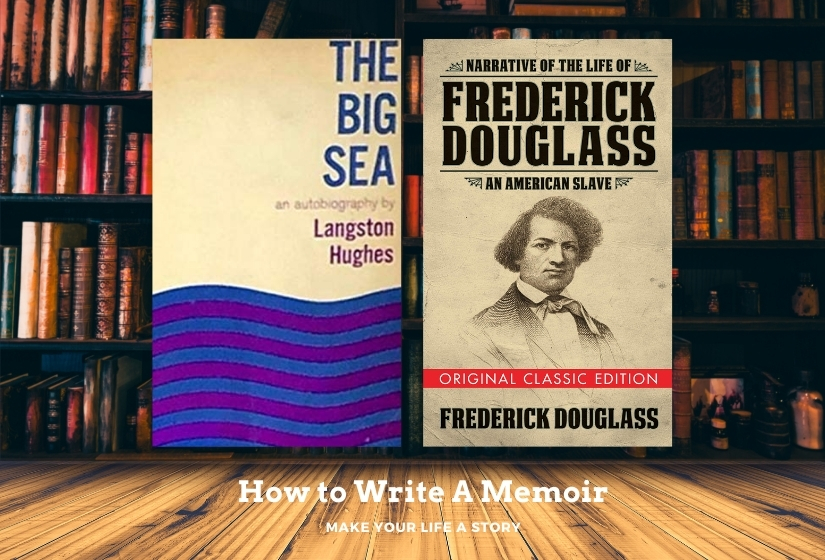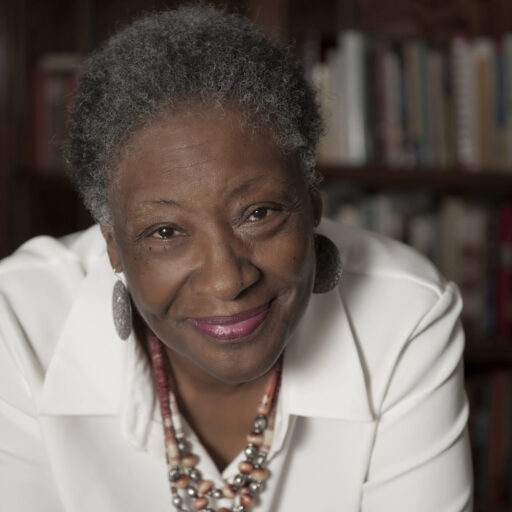
When you are writing a memoir you are writing a story. A story is a narrative-driven by action, drama, conflict, strong characters, and an arc of gradual transformation for the main character (you). The best stories enlarge you as you write them and enlarge the reader as well. The best memoirs leave the reader with a sense not only of the writer’s growing possibilities but their potential. The best memoirs leave readers strengthened and inspired. You are the hero or heroine of your story. You have been tested and challenged. You are a protagonist, moving forward through the rugged terrain of your life. Heroes possess deep-seated longings that activate their internal and external journey.
Courage, fear, pride, humility, curiosity, resilience, ambition, how have these qualities shaped your life, and the core narrative of your memoir?
The core narrative of my memoir Migrations of the Heart is identity, how I was given an identity as my parent’s child, and then how as I came of age, I forged different identities that marked significant life passages. Growing into pride about being a Black American, becoming a writer, becoming a wife and mother, then a single mother, a teacher, those identities tested me and evolved me in meaningful ways. All those identities mirror the universal questions of how do we find our place in the world, in the sun, how do we create a life that fulfills us and that is large enough to encompass and encourage our dreams. In your specific story, you will hear echoes of what everyone has endured and triumphed over. If you are African American, or a member of any group that has been lead to feel marginalized and not quite suited for the grand stage, no matter what anyone tells you, your story is universal. Your story belongs to you and the world.
Migrations of the Heart was my first book. A publisher believed in me enough to have given me a contract and money to write my story. I wanted to write my story, but how? Each time I sat down to write, I learned how. I recall one evening in frustration, leaving my writing desk and walking over to my bookshelf where I reached for copies of the memoirs of Langston Hughes and Maya Angelou, even a battered copy of the autobiography of Ben Franklin from my days in college. I pored over the pages looking for something, looking for a pathway into my story.
After some time, I realized those writers could not point me in the direction I needed to follow. They did however remind me that my story belonged to me, that my story came from my heart, my story had a unique voice that the reader would find nowhere else.
Re-reading Langston Hughes, Maya Angelou, and Ben Franklin I encountered as I had the first time I had read those pages, the most important quality of an effective memoir-a unique voice and vocabulary. That is what I had to find. The more I wrote, the more I consciously made myself a heroine. To overcome the fear I felt recounting painful experiences I convinced myself that I was writing a novel, a fabrication but that it was all true. I wrote short chapters, each chapter shaped around a dramatic incident, feeling, emotion, or change. Because the chapters were short, I felt that I could “handle” the weight of the material of the years that spanned my childhood to my late twenties. I wrote then, the way I write now, one word at a time, one sentence at a time. That method always works, it never fails.
Write like a novelist, creating a complex world, and riveting characters. Reveal what you would if you were in a confessional. Bring artistry, skill, and compassion to molding your story. Think of your memoir as an object at once precious and beautiful, a flower, a poem, your life.
What novel taught you the most about the power of a story?
Suggested Reading:
- Migrations of the Heart: An Autobiography by Marita Golden
- The Big Sea an Autobiography by Langston Hughes
- The Collected Autobiographies of Maya Angelou by Maya Angelou
- Franklin’s Autobiography by Benjamin Franklin
- Narrative of the Life of Frederick Douglass

Marita Golden is the author of over 20 works of fiction and nonfiction. She is Co-founder and President Emerita of the Zora Neale Hurston/ Richard Wright Foundation. As a teacher of writing, she has served as a member of the faculties of the MFA Graduate Creative Writing Programs at George Mason University and Virginia Commonwealth University and served as a Distinguished Visiting Writer in the MA Creative Writing Program at John Hopkins University, and at the University of the District of Columbia. She has taught writing workshops nationally and internationally to a variety of constituencies and is a writing coach, workshop presenter, and literary consultant.



